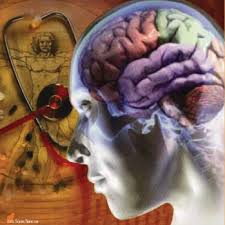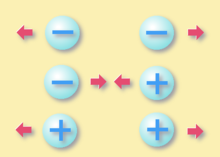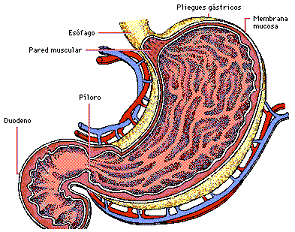 Pathophysiology is a branch of medicine that is dedicated to the study of the mechanisms by which different diseases originate, which makes it possible to explain why the symptoms and the various accompanying manifestations occur.
Pathophysiology is a branch of medicine that is dedicated to the study of the mechanisms by which different diseases originate, which makes it possible to explain why the symptoms and the various accompanying manifestations occur.
It is directly related to Physiology, which is the science that studies and describes the way in which different processes are carried out in living beings in a normal way, but unlike this, pathophysiology describes the way these processes change in the diseased organism.
The pathophysiology is of great importance for the practice of medicine since it allows the understanding of the mechanisms that originate the diseases from which the specific way of treating them follows, the ignorance of these mechanisms leads to the symptoms being treated empirically limiting itself only to the control of the symptoms without doing anything for the cause that is causing them.
Natural history of disease
Each disease has a way of presenting and evolving that is its own, if no intervention or treatment were made and it followed its course, we could study the "natural history of the disease" which consists of three phases:
Initial phase.
Each disorder has an initial or beginning phase that is often called the latency period, this includes the first changes that occur in the body from the beginning of the adverse effects involved in the origin of the disease until the moment in which the demonstrations were started. In general, this first stage is asymptomatic, that is, without the patient having symptoms or discomfort.
Clinical phase.
 This is followed by the clinical phase in which manifestations of the disease appear, these can appear in various ways such as continuously, by episodes or with crises. This phase can last from a few days to many years, when a disease persists for more than six months it is called chronic, this type of disease also has symptoms due not only to the underlying disease but also to its complications.
This is followed by the clinical phase in which manifestations of the disease appear, these can appear in various ways such as continuously, by episodes or with crises. This phase can last from a few days to many years, when a disease persists for more than six months it is called chronic, this type of disease also has symptoms due not only to the underlying disease but also to its complications.
Terminal phase.
This phase is variable, in benign pathologies the diseases are cured and the patient regains his health, in other diseases a series of damages can occur that lead to the failure of an organ or system which will finally lead to death.
Main mechanisms that cause diseases
Diseases arise as a consequence of different types of noxas, mainly genetic factors or conditions that directly affect some process, infections, nutritional deficiencies, injuries, immunological disorders and idiopathic causes that correspond to all those processes that do not have a cause. known. It is also possible that some diseases are caused by medical error, a situation that is known as iatrogenesis.









